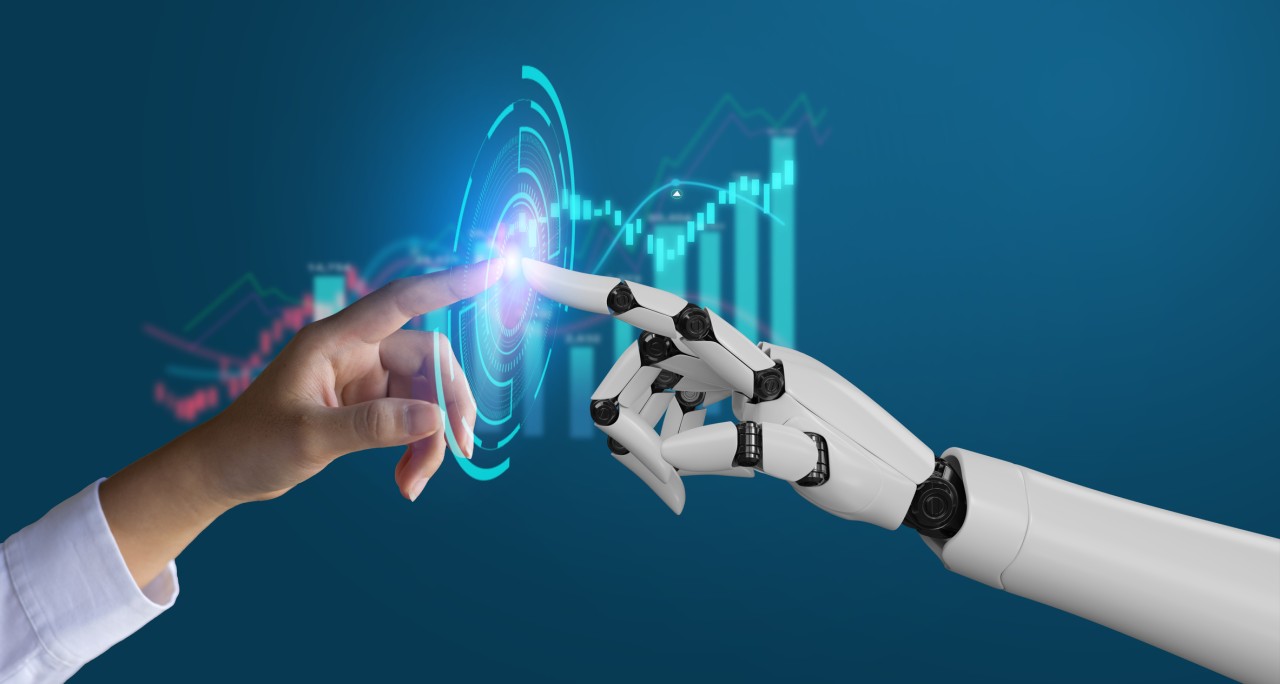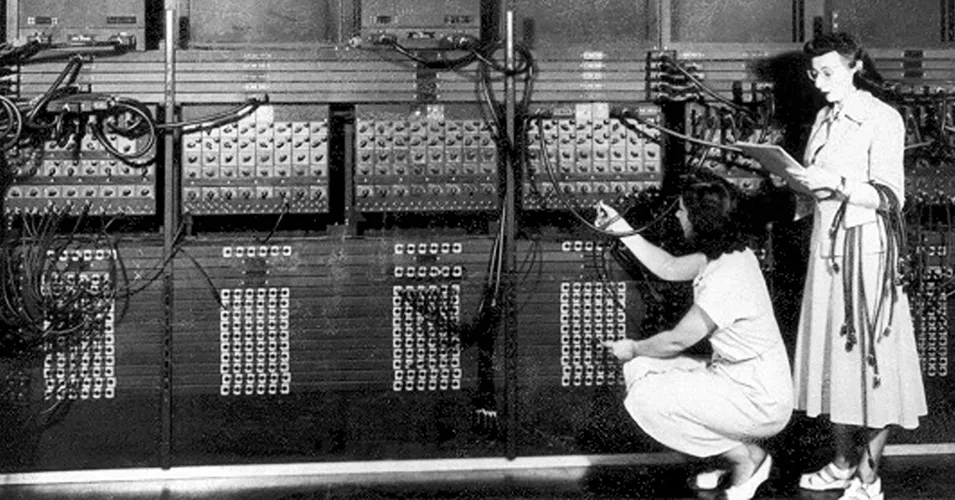In the ever-evolving landscape of the 21st century, technology stands as the driving force behind unprecedented changes in how we live, work, and interact with the world. From the advent of the internet to the rise of artificial intelligence, technology has become an integral part of our daily lives, shaping the way we communicate, conduct business, and address global challenges. This article explores the transformative power of technology and its profound impact on the trajectory of human civilization.
Table of Contents
ToggleConnectivity and Globalization:
One of the most significant contributions of technology is the enhancement of global connectivity. The internet has turned the world into a global village, breaking down geographical barriers and fostering real-time communication. This interconnectedness has not only facilitated the exchange of information but has also given rise to new forms of collaboration, business models, and cultural exchange. The ability to connect with anyone, anywhere, has fundamentally altered the way societies operate, bringing diverse perspectives together and promoting a more interconnected world.
Innovation and Economic Growth:
Technological advancements have spurred unprecedented levels of innovation, driving economic growth and creating new industries. From the industrial revolution to the digital age, each technological leap has brought about transformative changes in how we produce, consume, and distribute goods and services. Automation, machine learning, and the Internet of Things (IoT) are reshaping industries, enhancing efficiency, and creating new opportunities for economic development. As we continue to harness the power of technology, we can expect further advancements that will redefine the global economic landscape.
Artificial Intelligence and Machine Learning:
The advent of artificial intelligence (AI) and machine learning has revolutionized the way we approach problem-solving and decision-making. These technologies have the potential to automate routine tasks, analyze vast amounts of data, and provide valuable insights across various sectors, from healthcare and finance to manufacturing and education. As AI continues to evolve, ethical considerations and responsible use become paramount, raising questions about the future integration of these technologies into our daily lives.
Digital Transformation in Education:
Technology has not only reshaped industries but has also transformed the education sector. The rise of e-learning platforms, virtual classrooms, and educational apps has democratized access to knowledge, providing individuals with the opportunity to learn anytime, anywhere. This digital transformation in education has the potential to bridge educational gaps, empower learners, and prepare the workforce for the challenges of a rapidly changing job market.
Challenges and Ethical Considerations:
While the transformative power of technology is undeniable, it comes with its set of challenges and ethical considerations. Issues such as data privacy, cybersecurity, and the digital divide need to be addressed to ensure that the benefits of technology are accessible to all. Additionally, the ethical implications of AI, automation, and biotechnology require careful consideration to prevent misuse and protect human rights.
Conclusion:
As we navigate the intricate web of technological advancements, it is crucial to recognize the transformative power of technology in shaping the future of humanity. Embracing innovation while addressing ethical concerns is essential for harnessing the full potential of technology to improve lives, foster global collaboration, and create a sustainable and inclusive future for generations to come. The trajectory of human civilization is increasingly intertwined with the evolution of technology, and our ability to responsibly navigate this path will determine the course of our shared future.






